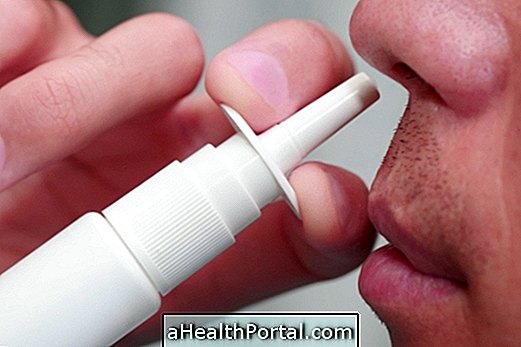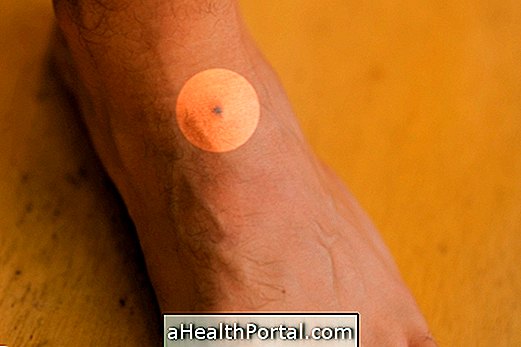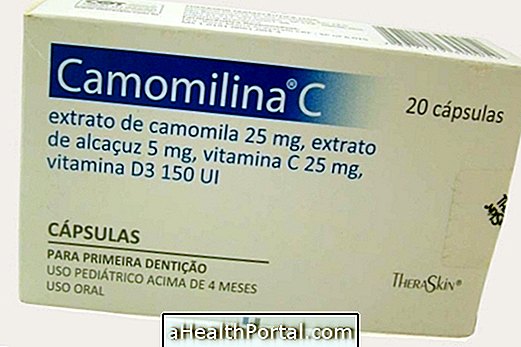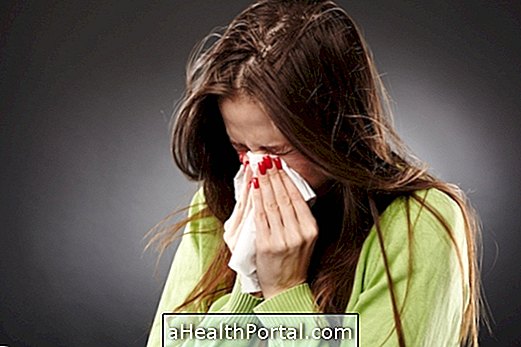The Viral Triple Vaccine protects the body against viral illnesses, Measles, Mumps and Rubella, which are highly contagious diseases that arise preferentially in children.
In their composition, there are more weakened or attenuated forms of the viruses of these diseases, and their protection begins two weeks after the application and their duration is generally for life.

Who should take
The triple viral vaccine is indicated to protect the organism against Measles, Mumps and Rubella viruses in adults and children over 1 year of age, preventing the development of these diseases and their possible complications to health.
When to take
The vaccine should be given in two doses, the first administered at 12 months and the second at 15-24 months. After 2 weeks of application, protection is initiated, and the effect should last for a lifetime. However, in some cases of outbreak of any of the diseases covered by the vaccine, the Ministry of Health may direct an additional dose.
The triple virus is offered free of charge by the public network, but can also be found in private immunization outlets for the price between R $ 60.00 and R $ 110.00 reais. It should be administered under the skin, by a doctor or nurse, with the dose of 0.5ml.
It is also possible to associate with the immunization the tetra-viral vaccine, which has protection, also, for chicken pox. In these cases, the first dose of the triple virus is made and, after the 15 months to the 4 years of age, the dose of the tetraviral should be applied, having the advantage of protecting against another disease. Learn more about the tetravalent viral vaccine.
Possible side effects
Some of the side effects of the vaccine may include redness, pain, itching, and swelling at the application site. In some rare cases, there may be a reaction with disease-like symptoms such as fever, body aches, mumps, and even milder meningitis.
Here's what you should do to relieve any side effects that may come with vaccination.
When not to take
Viral Triple Vaccine is contraindicated in the following situations:
- Pregnant women;
- People with diseases that affect the immune system, such as HIV or cancer, for example;
- People with a history of allergy to Neomycin or any of the components of the formula.
In addition, if there is a fever or symptoms of infection, talk to the doctor before taking the vaccine, ideally if you are without symptoms that may confuse with side reactions to the vaccine.




















